

First published 2020 by Interventions Inc.
Interventions is an independent, not-for-profit, radical book publisher.
For further information:
www.interventions.org.au
Trades Hall Suite 68
54 Victoria Street
Carlton VIC 3053
Design and layout by Viktoria Ivanova.
Cover photo Maggie Diaz courtesy of Gwendolen De Lacy, Curator of the Diaz Collection.
Back cover cartoon Mark Matcott.
Frontispiece Awk its Malcolm Hawke The Battler 4 June 1983. Design
Alec Kahn. With kind permission of Socialist Alternative.
Photo on dedication page courtesy David Main.
All front pages from The Battler and Socialist Action magazine used with kind permission of Socialist Alternative.
Title taken from informal badges produced by Victorian public service union activists in 1985.
Author: Liz Ross
Title: Stuff the Accord! Pay Up! Workers resistance to the ALP-ACTU Accord
ISBN: 978-0-9945378-9-8: Paperback
ISBN: 978-0-6487603-9-9 (e-book)
Liz Ross 2020
The moral rights of the author has been asserted.
All rights reserved. Except as permitted under the Australian Copyright Act 1968 (for example, a fair dealing for the purposes of study, research, criticism or review), no part of this book may be reproduced, stored in a retrieval system, communicated or transmitted in any form or by any means without prior written permission.
All inquiries should be made to the author.

Interventions is produced on the land of the Wurundjeri people of the Kulin Nation. We acknowledge the Traditional Owners of country throughout Australia and recognise their continuing connection to land, waters and culture. We pay our respects to their Elders past, present and emerging. Their land was stolen, never ceded. It always was and always will be Aboriginal land.

The title of this book is taken from badges produced by rank-and-file public service union activists during the 1985 pay dispute. They altered official union badges with the slogan The Accord says Pay Up! to read, Stuff the Accord Pay Up!
To all those named and unnamed workers who stood up for their rights, who took a stand against the Accord against heavy odds, some losing their unions, their jobs and a decent future. This book is your story, your legacy of struggle for the future.
CONTENTS
Author Liz Ross at BLF picket at Como building site, Melbourne, 1986.
Photo Janey Stone.
ACKNOWLEDGMENTS
Many thanks to all the people who made this book possible. Thanks in particular to people whose stories I have shared here who were part of the fight against the Accord many builders labourers, public service workers and nurses, Dean Mighell, Luke van der Meulen, Eris Harrison, Sue Jackson, Rob Cecala and Graeme Haynes. Also thanks to Tom OLincoln, Rick Kuhn and Tom Bramble for their important political and trade union analyses. Mark Matcotts brilliant cartoons add much to the text.
I also thank the Interventions team Janey Stone, Graham Willett, Alex Ettling, Lisa Milner and Viktoria Ivanova who put in so many hours of work and follow up into the editing and production process. A special thanks to Janey and Alex for photo selection and preparation. Thanks to Rick Kuhn for comments, Eris Harrison for meticulous copy editing and David Main for his photos.
Most importantly I want to acknowledge the political grounding I have had since the late 1970s, when I first joined the revolutionary left. This book is also an acknowledgement of the role of revolutionaries in the struggles under the Accord. Through my time in the Socialist Workers Party, the International Socialists, Socialist Action and now Socialist Alternative, I have learnt so much from the greats of Marxism Marx, Engels, Lenin, Trotsky and Luxemburg, first among many. Strengthening this has been the inspiration, solidarity, highs and lows of the class struggle, the fight for a revolutionary socialist party, an unparalleled education that informs my unwavering belief in the power and potential of a revolutionary working class to overthrow capitalism and bring socialism to the world.
INTRODUCTION
Who was running the country? Early in the Accord years, one right wing politician claimed:
We are now at the high point of trade union power in the history of Australia because of an agreement called the prices and incomes accord the trade union movement is running the country.
If the unions were running the country during the 19831996 Accord years, it definitely was not in the interests of their members, the Australian working class. The HawkeKeating social democratic government implemented the ruling class policy for capitalist revival, neoliberalism, through the introduction of a prices and incomes policy, the Accord. After the turbulent years of the Fraser government and the brutal neoliberalism of the UKs Margaret Thatcher and USAs Ronald Reagan, the 1983 Australian Council of Trade Unions (ACTU) and Australian Labor Party (ALP) Accord was seen by many in the labour movement as promising a better world of cooperation and consensus between labour and capital.
Economic failures and social upheavals around the globe during the late 1960s to mid-1970s left capitalism severely shaken. These mobilisations toppled dictators in Iran and Nicaragua and challenged for power in Portugal. They were met with brutal crackdowns, physical, economic or both, as the capitalist class fought to regain control and restore profits. Thatcher and Reagan led the pack in this neoliberal recovery.
In Australia, the economy moved sharply into recession from 1974. In 1975, conservative leader Malcolm Fraser usurped power through the dismissal of the Whitlam Labor government, amid scenes of political and industrial turmoil. He vowed that his government would break the power of the unions and restore business confidence. In that same year, ACTU president Bob Hawke envisioned a different world, saying to Storeman and Packers Union (FSPU) research officer, Bill Kelty:
What this country needs is a different way to go about change. Im going to deliver to people a country that respects people, consults with people Ill be the Prime Minister Bill and thats what I want to achieve.
High goals indeed; but Hawkes ACTU history of compromising, even selling out, at workers expense proved a warning that workers would end up paying a high price, while the bosses benefited.
Key to Hawkes project was a social contract an agreement between government and unions to run capitalism in partnership through a prices and incomes policy.
Then ACTU vice-president Simon Crean had a different analysis of the UK experience. Crean was convinced that social contracts needed to control wages, a critical feature of economic policy. With wages out of control in both Australia and the UK from the end of the 1970s to the early 1980s, he was determined that Australia would, unlike Britain, control them.


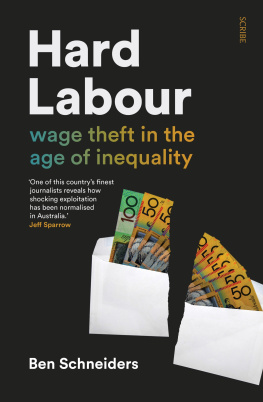


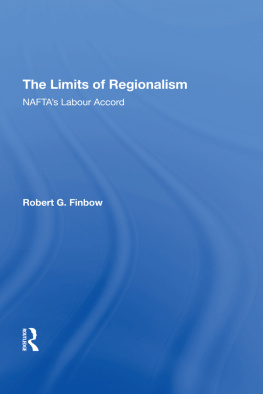
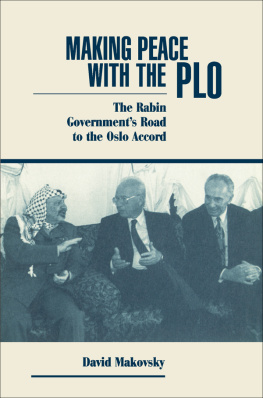

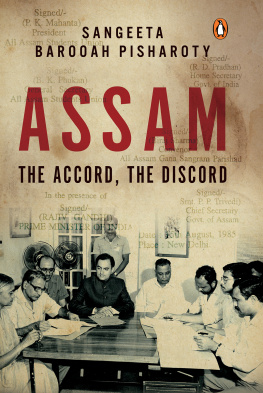
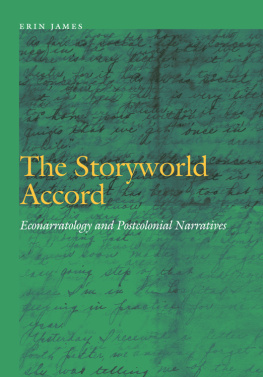




 Interventions is produced on the land of the Wurundjeri people of the Kulin Nation. We acknowledge the Traditional Owners of country throughout Australia and recognise their continuing connection to land, waters and culture. We pay our respects to their Elders past, present and emerging. Their land was stolen, never ceded. It always was and always will be Aboriginal land.
Interventions is produced on the land of the Wurundjeri people of the Kulin Nation. We acknowledge the Traditional Owners of country throughout Australia and recognise their continuing connection to land, waters and culture. We pay our respects to their Elders past, present and emerging. Their land was stolen, never ceded. It always was and always will be Aboriginal land.
